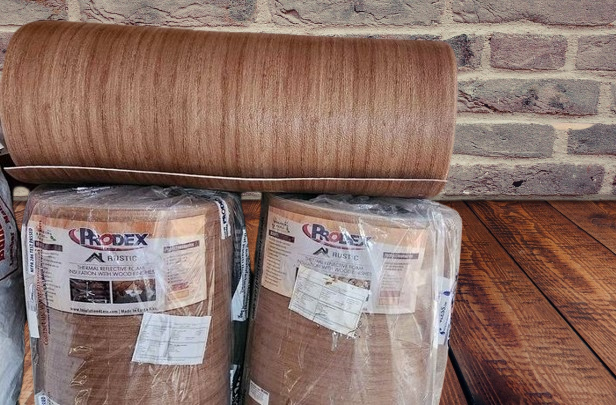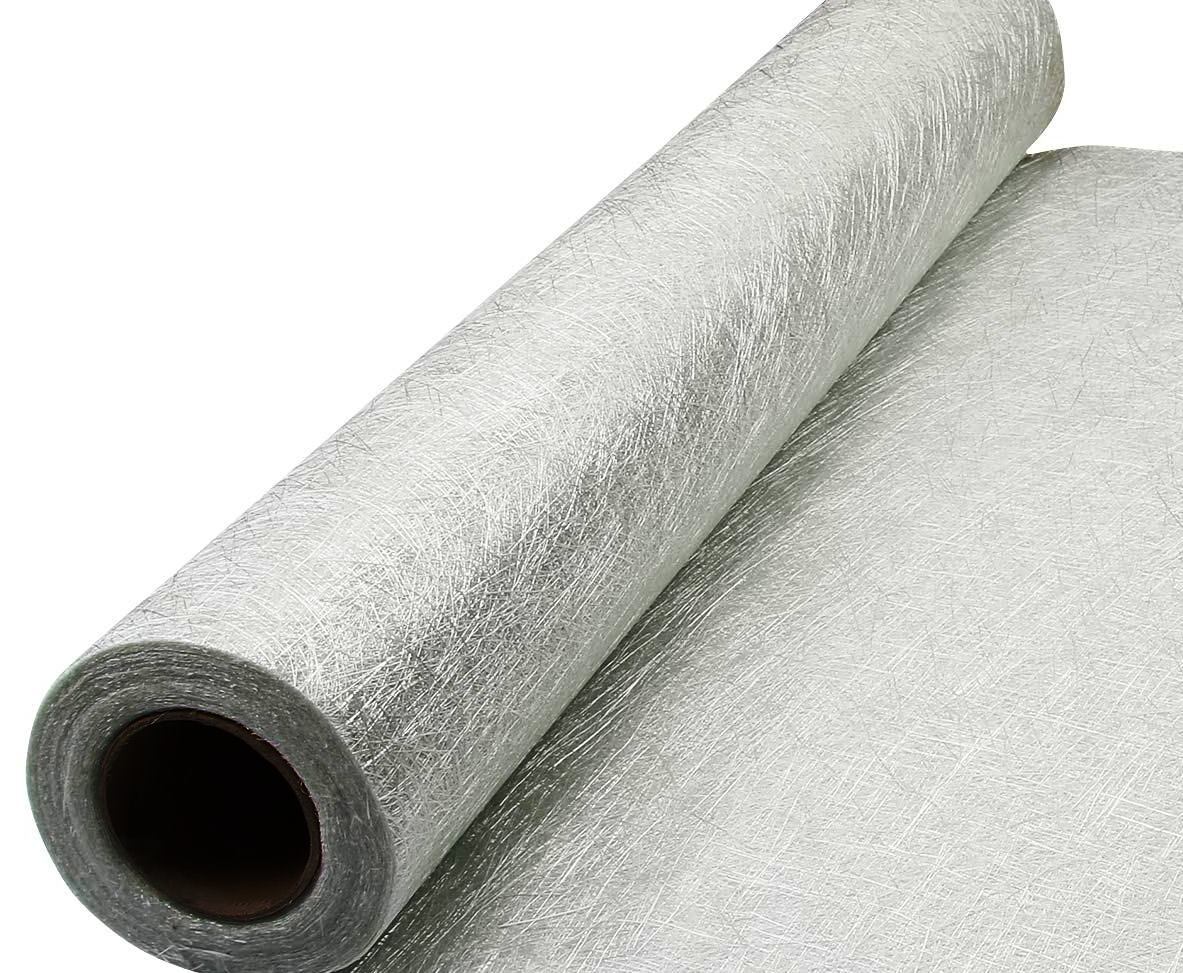Prodex vs. Reflectix

In contrast to materials like mineral wool, fiberglass, and rigid foam, these two insulation brands are lighter and thinner.
There are several reasons to think about Prodex or Reflectix when you’re shopping for insulation. Both are very simple to install and have extraordinarily high R-values.
If you are having trouble deciding between Prodex and Reflectix, it is important to understand their significant distinctions despite their apparent similarities.
Prodex: What Is It?
Prodex is an insulation, radiant barrier, vapor barrier, and air mixture. It has a stronger resistance against tearing and is incredibly light.
Prodex’s R-value of 16 means that it can guarantee ideal summer and winter temperatures. Insulation4Less is primarily the seller of this insulation. But you can also get it at any hardware store or a nearby Home Depot.
You can see closed-cell polyethylene foam in the middle of the Prodex interior layers. This is what gives Prodex its insulating qualities.
There is a polyethylene backing and a reflective reinforced coil on both sides of the foam. While taking up the least amount of space, this design ensures optimal performance.
Prodex rolls are only 5 mm thick. Don’t be fooled by the material’s thinness; sound travel through it can be significantly reduced. It can be used in your garage to increase insulation and reduce noise disturbance.
One distinctive aspect I appreciate about Prodex is the insulation’s edge cuts. Thus, all you have to do to overlap two rolls is use a heat gun to melt the edges, hold them together, and they will seal.
Prodex has received numerous positive reviews on third-party platforms and is also verified by ASTM Rima International.
Prodex is extremely resistant to water damage and fungi, in contrast to other insulation materials. Thus, you can apply it to any area of your home as well as external buildings like barns.
Prodex installation only requires you to staple or nail the insulation to a surface. Prodex can reflect up to 98% of radiant energy after installation.
For those who live in places with extreme summers and winters, it’s ideal insulation.
Reflectix: What Is It?
Reflectix is among the best double-reflective insulations available, with an R-value of nearly 21. It’s thin, just like Prodex. But because it is 8 mm in diameter, it is somewhat thicker.
However, its small size allows it to fit into even the smallest of spaces. Rolls of foil, shiny and similar to foil, cover Reflectix.
It looks metallic, but it’s actually made of plastic. It is therefore very adaptable and simple to install.
Without a doubt, Reflectix has a lot of amazing features. However, it isn’t a substitute for fiberglass. Please use conventional materials like fiberglass or rigid foam when insulating your home.
Reflectix is limited to usage in spaces like garages and barns or as an additional line of defense.
I mentioned that Reflectix has a high R-value when I first began to describe it. You must realize, though, that Reflectix’s R-value is dependent on a few different variables.
For example, in order to obtain an R-value of 21, Reflectix must be used with two air spaces, each of which must be at least 4.75″. The R-value decreases to 6.1 if the air spaces rise to three-quarter inches.
Additionally, you can get R-values as high as 14 when you combine Reflectix with fiberglass insulation. Thus, air gaps and additional insulation materials need to be carefully considered when installing Reflectix.
Based on an assessment of the aforementioned features, it is reasonable to conclude that Reflectix has applications in the following fields.
Reflectix can stop heat loss to the environment in a cold garage or shop that you are unable to insulate with fiberglass.
When Reflectix is affixed to your garage door with staples, it can also perform exceptionally well. Reflectix can also be used in areas of your home where chilly winds are entering because it acts as an air barrier.
Additionally, I have witnessed some homeowners wrap Reflectix around pipes and heating vents. Please first verify using your local code. You can use Reflectix almost anywhere in your house because it is mold-resistant.
What Distinguishes Them?
- R-Value
Prodex’s R-value is sixteen.
Reflectix’s R-value is twenty-one.
Although these R-values vary based on the application, Reflectix is evidently the one with the highest R-value. With an R-value of 16, Prodex is significantly higher than most other insulation materials.
However, Reflectix has a higher rating and is a better option for regions with harsh winters and summers.
- Density
Prodex thickness is 5 mm. They also have a 10 mm version available.
Refractive index is 8 mm.
Even though the 3 mm difference might not seem like much, it can have a significant impact on installation. Prodex has a better success rate when adding insulation in difficult-to-reach areas because it is thinner.
- Construct
Prodex is composed of a reflective reinforced coil, a backing, and polyethylene foam.
Conversely, Reflectix is made up of two 96% reflective layers that are adhered to polyethylene bubbles.
These two insulation brands may have a similar exterior, but their construction differs significantly, which adds to their distinctive qualities.
What Similarities There Are Between Them?
- You Can Use Them Both Outside
You can use Prodex or Reflectix in an outdoor setting, like a garage or workshop, regardless of your choice.
Prodex and Reflectix are made to withstand challenging conditions. These two brands work well outdoors, in contrast to rigid foam.
- Both Are Simple To Install And Lightweight.
The lightweight nature of Prodex and Reflectix is one of their primary selling points. The two insulation materials—rigid foam and fiberglass—are too big to be compared to each other.
Also, they are very simple to cut and install because of their lightweight design. It’s the kind of project you can complete on your own.
- Both Are Mold and Rodent Resistant
The majority of insulation materials deteriorate significantly when exposed to rodents and insects. The good news is that if you go with Prodex or Reflectix, you won’t have to worry about that.
These two withstand infestation by insects very well, and rats will not chew through them. It implies that they have a considerable amount of longevity.
- They Both Reflect Heat
Lastly, heat reflection is a feature shared by both Reflectix and Prodex. The insulation’s foil-like covering on both sides is meant to reflect heat rather than absorb it. They have a high R-value because of this.
Benefits Of Prodex
- It works incredibly well to stop moisture and other precipitation from condensing.
- Around 98% of radiant energy is reflected by it.
- It keeps a building’s internal airflow in check.
- It doesn’t create echoes but reduces sound transmission.
- It is immune to bugs, rodents, mold, and insects.
Drawbacks To Prodex
- A few customers have voiced complaints regarding subpar delivery.
Benefits Of Reflectix
- There are numerous applications for it.
- Installing it is simple.
- The R-value is higher.
- It is mold-resistant.
- Reflectix is also useful for wrapping a house.
Drawbacks to Reflectix
- The cost is high.
Which Is Better, Reflectix or Prodex?
When compared side by side, Prodex and Reflectix are both superior insulation options. And for that reason, picking between the two is really difficult. Regarding professional recommendations, I wholeheartedly endorse Reflectix.
It is a more effective insulation material than Prodex because of its higher R-value. In contrast to Prodex, Reflectix has received a lot more favorable reviews online. Furthermore, it is evident from the review above that Reflectix has additional uses.

